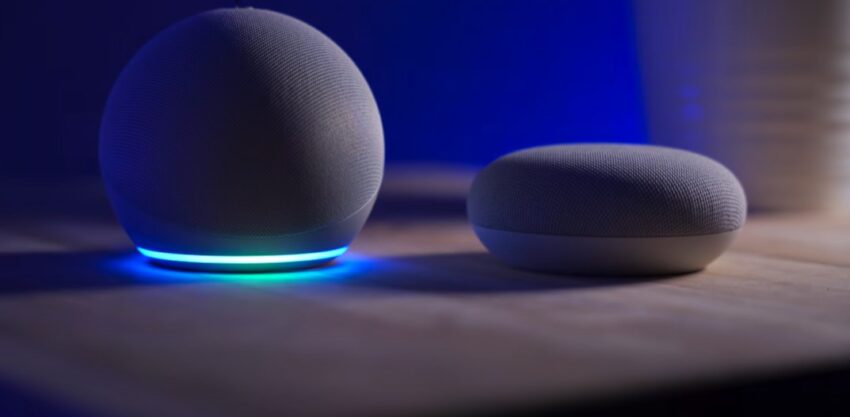The dawn of smart voice assistants has ushered in an era of unprecedented convenience and digital interactivity. These devices, capable of executing tasks, answering queries, and controlling smart home appliances through voice commands, are increasingly becoming household staples.
Two key players, Amazon’s Alexa, and Google Home have risen to prominence in this burgeoning field. Seamlessly merging technology with our daily routines, they embody the concept of Nerd Plus Art. In the intricate dance of science and design, they transform ordinary tasks into an engaging experiences. This article aims to delve deeper into these two remarkable inventions, drawing a comprehensive comparison to guide potential users.
Overview of Amazon’s Alexa
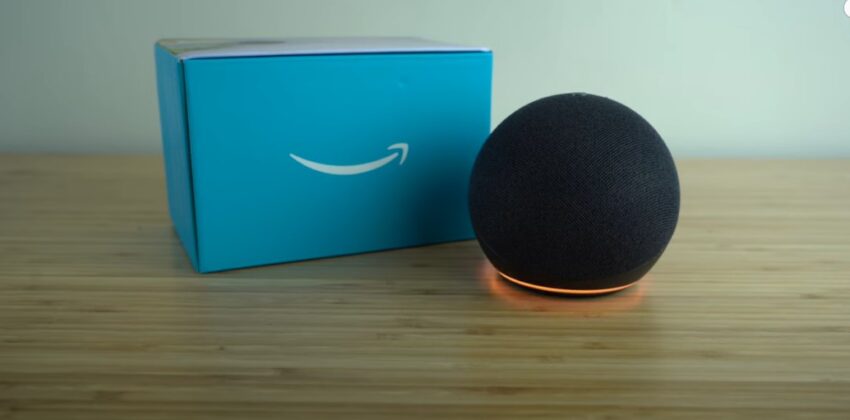
Amazon’s Alexa, launched in 2014 alongside the Echo smart speaker, has revolutionized the way we interact with technology. Its ability to comprehend and execute voice commands provides users with a seamless and hands-free experience.
From setting alarms and creating shopping lists to streaming music and controlling smart home devices, Alexa performs a multitude of tasks. Its compatibility with a vast range of devices and continual updates keep it relevant and increasingly efficient. However, its true prowess lies in its ‘Skills’—third-party apps that extend its functionalities, offering a tailored user experience.
Overview of Google Home
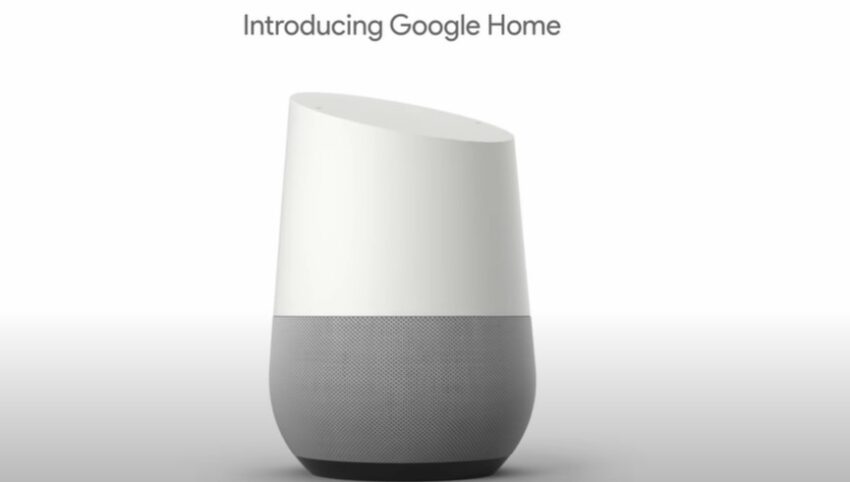
Enter Google Home, Google’s answer to Amazon’s Echo, released in 2016. At its core, Google Home houses Google Assistant—a formidable competitor for Alexa. Google Home leverages Google’s extensive data and search capabilities to answer queries, manage tasks, and control smart devices.
It’s particularly adept at contextual understanding, enabling continued conversations without repetitive trigger words. Its ‘Routines’ feature also lets users automate a series of commands with a single phrase. Given Google’s wide ecosystem, Google Home seamlessly integrates with Google apps and services, providing a cohesive user experience.
Detailed Comparison
As we venture deeper into the heart of the battle between Alexa and Google Home, it’s essential to dissect their performance across various key metrics. This detailed comparison spans their sound quality, voice recognition, compatibility and integration, user experience, privacy, security, and overall value for money.
Sound Quality and Voice Recognition
In terms of sound quality, both Alexa and Google Home deliver a commendable performance. They offer a clear and robust sound output, making everyday tasks like playing music or reading the news quite enjoyable. However, for a more discerning listener, Google Home has the upper hand with its fuller bass and sharper high notes.
On the front of voice recognition, both devices perform admirably, responding accurately to a broad range of commands. However, thanks to Google’s advanced language processing algorithms, Google Home often excels at understanding diverse accents and conversing more naturally.
Compatibility with Devices and Integration with Apps/Services
When it comes to compatibility with smart home devices, Alexa arguably has a broader range, supporting a myriad of third-party devices. This makes Alexa a versatile choice for a smart home setup. However, Google Home isn’t far behind and is continually expanding its list of supported devices.
IoT application development services can enhance the functionality and connectivity of smart home appliances, enabling remote control, automation, and data-driven insights for a more efficient and convenient living experience: https://www.
In terms of integration, Google Home shines. Given that it’s part of Google’s expansive ecosystem, it integrates more seamlessly with Google’s suite of services, including Google Calendar, Google Photos, and Gmail. This provides a more cohesive and personalized user experience.
User Experience and Interface
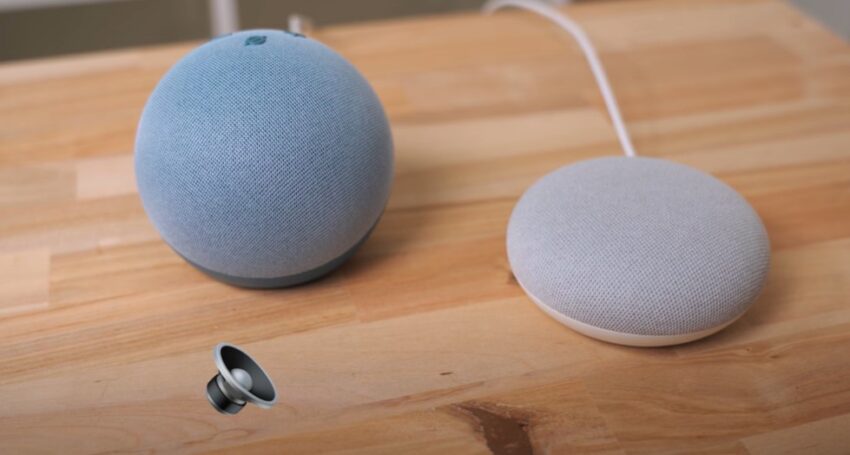
The user experience provided by both devices is intuitive and user-friendly. Alexa allows for a high level of customization with its ‘Skills,’ whereas Google Home offers smarter interactions with its ability to understand the context and hold continuous conversations. Here, the choice depends on personal preference: a more personalized Alexa or a more conversational Google Home.
Privacy and Security
Privacy and security are hot topics in the realm of smart devices. Both Amazon and Google have faced criticism over how they handle user data. However, they have taken steps to address these concerns by enabling users to delete their voice recordings and tighten privacy settings.
Pricing and Value for Money
Finally, considering pricing, both Alexa and Google Home offer a range of devices at different price points, with their entry-level devices being quite comparable. The differences in price at the higher end often reflect more the quality of the speaker and design aesthetics than the capabilities of the voice assistant. This makes both of them a valuable investment, depending on your specific needs and budget.
User Testimonials and Reviews
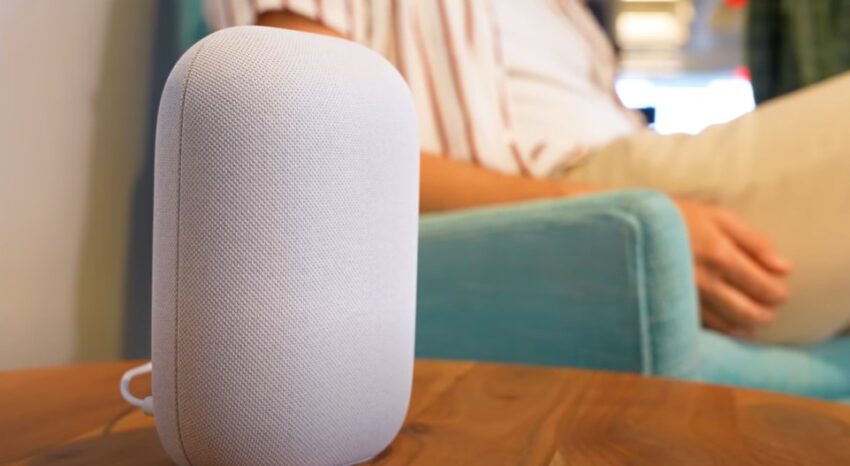
As we delve into user testimonials and reviews, Alexa and Google Home each have their respective supporters and critics. Alexa has earned accolades for its extensive compatibility with smart home devices and personalized user experience through ‘Skills.’ However, some users have pointed out occasional comprehension hiccups and desire a more natural conversation flow.
On the other side, Google Home’s superior language processing abilities, more intelligent search results, and seamless integration with Google services earn it high marks. Despite this, there’s a clamor for wider compatibility with smart home devices. Like the devices themselves, user preference largely depends on their specific requirements and expectations from a smart assistant.
Conclusion
In this exploration of the titans of voice-assistant technology, Amazon’s Alexa and Google Home, we’ve journeyed through various factors such as sound quality, voice recognition, compatibility, integration, user experience, privacy, security, and overall value for money. While both devices excel in their own right, there are marked differences that set them apart.
Alexa leads in terms of device compatibility and personalization through its ‘Skills’, appealing to users who enjoy tailoring their experiences. On the other hand, Google Home’s strength lies in its superior language processing, accurate search results, and tighter integration with Google’s suite of services, making it a choice fit for those embedded in the Google ecosystem.
In essence, the decision between Alexa and Google Home boils down to individual needs and preferences. As technology progresses, these smart assistants will continue to evolve and improve, constantly reshaping our interaction with the digital world.

